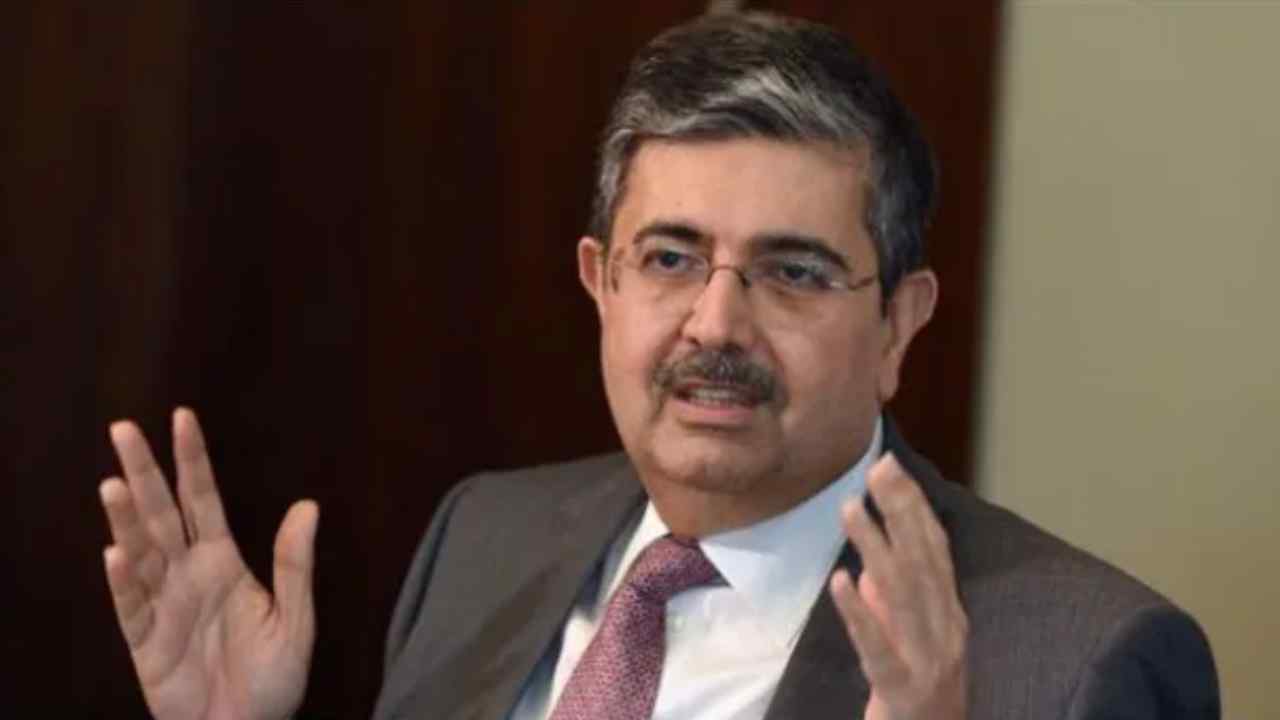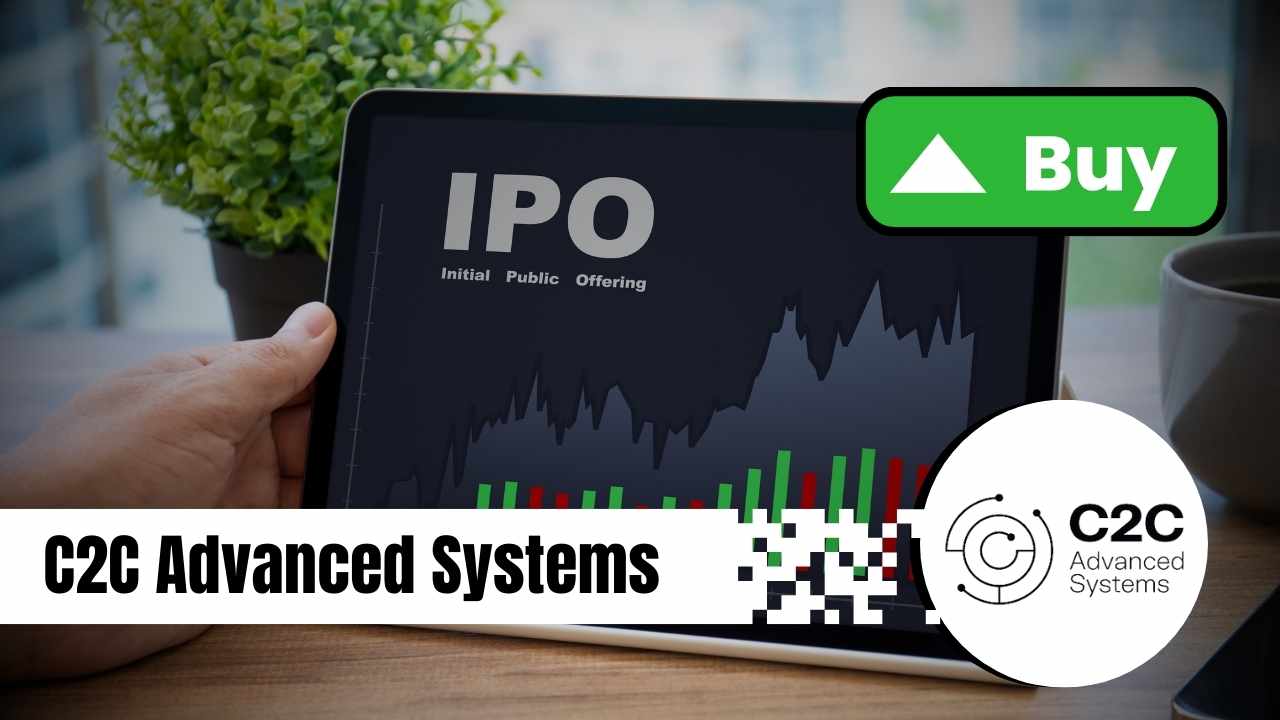The Impact of China’s Economic Slowdown on India’s Investment Landscape
The saying “one’s loss is another’s gain” resonates vividly in the context of the current economic climate. As China’s economy continues to grapple with slow growth, India appears to be emerging as a beacon of opportunity. Despite the high valuations present in Indian markets, they continue to experience robust growth, underpinned by strong economic fundamentals. In stark contrast, disappointing economic data from China has led global brokerage firms to downgrade their predictions for the Chinese market. These developments are steering foreign portfolio investors (FPIs) to seek more promising investment destinations, with India coming into focus.
The Influence of U.S. Federal Reserve’s Interest Rate Cuts
On September 18, the U.S. Federal Reserve made a significant decision to reduce interest rates. Historically, such reductions typically lead to increased foreign investment in emerging markets. As the yields on U.S. bonds and other assets decline, foreign investors are likely to redirect their capital to markets like India, which offers potentially higher returns. According to a report from Morgan Stanley, this trend could bolster India’s position as an attractive destination for investment, particularly within the MSCI Emerging Markets Index. Although India surpassed China in this index back in 2021, China’s share has plummeted by nearly 50%, falling to 2.24%, while India’s has risen to 2.35%, making India the sixth-largest market globally.
Indian Market Performance and Investor Sentiment
The Federal Reserve’s interest rate cuts and the corresponding increase in India’s weight within the MSCI Index could enhance foreign investor interest in Indian markets. Currently, domestic liquidity is driving Indian markets upward, with no immediate risks evident. This raises an intriguing question: Is India poised to become the ‘Next China’ in the investment landscape?
Sector-Specific Insights: Ashok Leyland and Emcure Pharmaceuticals
Ashok Leyland: Navigating Challenges and Opportunities
On September 18, Ashok Leyland’s stock fell by 1.97%, closing at Rs 235. The company’s management has forecast that the medium and heavy commercial vehicles (M&HCV) industry will likely see flat volume growth in FY25. Optimistically, analysts suggest that Ashok Leyland could benefit from the easing of commodity prices and significant growth in its non-automotive sector. Furthermore, the company is implementing cost-cutting measures, aimed at improving its profitability. Notably, its subsidiary Switch Mobility is gearing up to capitalize on the increasing demand for electric buses, planning to expand its dealership network to 750 by FY25 and enhance its light commercial vehicle market coverage to 70-80%. However, skeptics warn of potential declines in M&HCV truck volumes due to weak demand, projecting double-digit decreases in the second quarter of this financial year, which could adversely affect revenue.
Emcure Pharmaceuticals: Strong Growth Prospects
Emcure Pharmaceuticals demonstrated a positive stock performance, closing at Rs 1,527 with a 2.24% increase on September 18. Analysts from Kotak Institutional Equities are bullish on Emcure Pharma, setting a target price of Rs 1,655. They highlight that the company is poised for organic growth and will reap benefits from its in-licensing agreement with Sanofi, along with the consolidation of Mantra. Most of the legal hurdles that previously obstructed Emcure have been cleared, resulting in a promising sales CAGR of 14% projected from FY24 to FY27.
Conclusion
As the global economic landscape shifts, India stands to gain from the retreating momentum of China. With favorable conditions for foreign investment and solid growth in key sectors, India is not just a fleeting opportunity; it has the potential to establish itself as a primary player in the emerging markets arena. However, investors are advised to conduct thorough analysis and consider seeking guidance from financial advisors before making investment decisions.
(Disclaimer: The opinions and advice presented reflect the personal views of various experts. Readers are encouraged to consult with their investment advisors prior to making financial decisions.)











